BBC Ban Gaza Appeal 2009
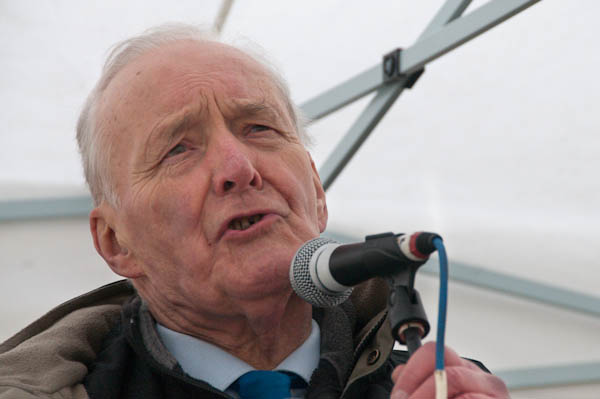
Listening to the controversy in the last few days over the BBC licence fee, frozen for the next two years by Nadine Dorries, who has also threatened that the fee will be abolished after the corporation’s current royal charter expires in 2927, my mind went back to January 24th 2009, when I photographed a protest which began at the BBC against their biased reporting of the Israeli attack on Gaza, and calling for an end to the blockade and of arms sales to Israel, for a free Palestine and for Israli war criminals to be brought to justice.
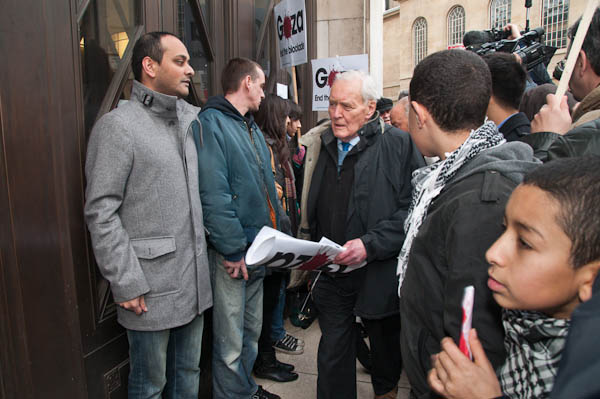
Earlier that morning, for the first time ever, the BBC bosses had refused to run the Disasters Emergency Committee appeal for humanitarian relief for Gaza. I’d listened with incredulity to their explanation that they had done so to uphold their reputation for impartiality – as if their were sides to be taken on delivering much needed humanitarian support.
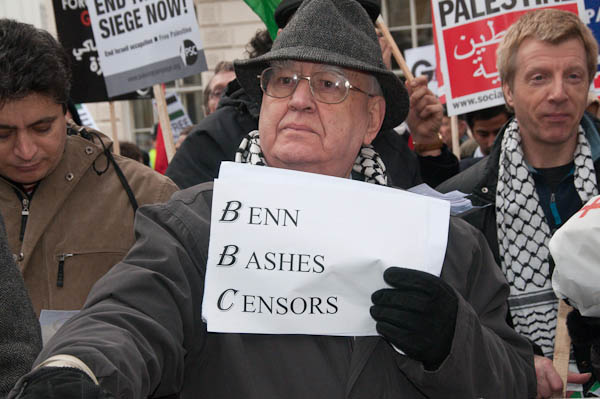
Listening to the Radio 4 Today programme as I ate my breakfast I rose to applaud Tony Benn who in a live interview condemned the BBC for their ban and proceeded to make the DEC appeal on the programme for them. Quite clearly the Today presenters and editors were also appalled by the one-sided stance taken by their bosses, and though they felt unable to defy the management had created the opportunity for Benn to do so.
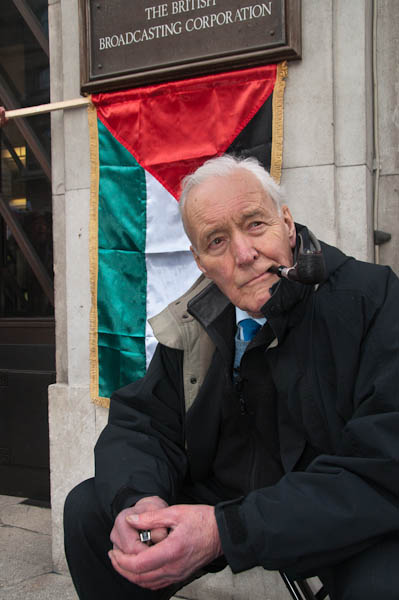
I was pleased later that morning to be able to congratulate Benn in person for his action, and to hear him speaking about the ban both before going in to deliver a letter of protest to the BBC and a few minutes later at a rally a short distance down the road. Unfortunately police prevented me from going in with him to the BBC to photograph him handing over the letter, but I was able to photograph him outside with others including Jeremy Corbyn, MP, Lindsey German and George Galloway, MP.
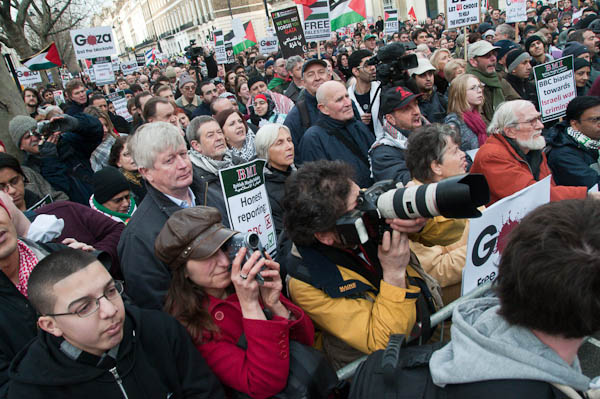
I don’t remember any report of the protest appearing on the BBC, who generally fail to report protests in London unless they involve violence, criminal damage or major celebrities, though it probably got a small mention. The Press Association also got things a little wrong, reporting the smaller press conference with its roughly 400 attendees while not noticing the 10,000 protesters a hundred yards or so down the road.
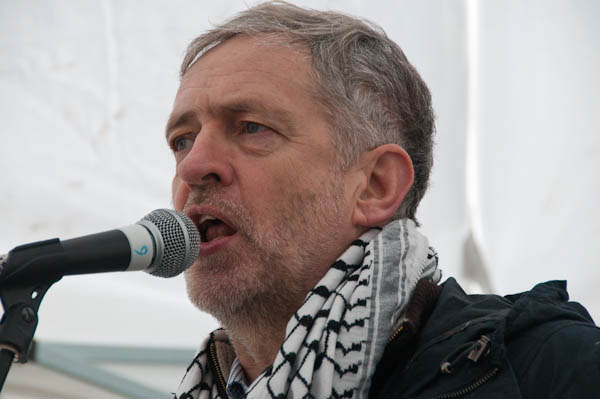
People often blame journalists for the failure to report protests and similar events, but this is seldom the case. Journalists report but editors fail to publish. This is even more true when it comes to protests in London about events in overseas countries, which some editors have been known to dismiss as “tribal matters”.
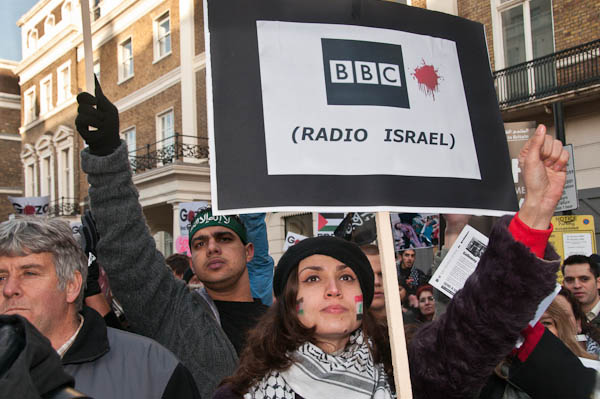
I was pleased at the rally to hear a message from the then General Secretary of my Union, the NUJ, condemning the BBC ban – along with many others. The problem with the press in the UK is not down to journalists, but to the ownership of the mass media, with 90% of the UK-wide print media is owned and controlled by just three companies, Reach plc (formerly Trinity Mirror), Murdoch’s News UK and DMG Media, publishers of the Daily Mail. Six billionaires own or have a majority shareholding in most of our national newspapers.
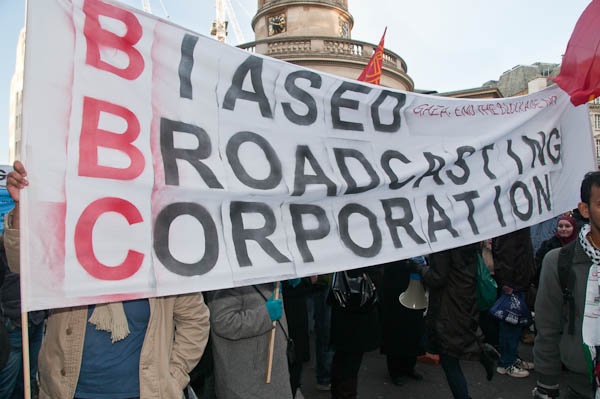
The BBC should be both independent and impartial, and the licence fee was seen as a way of giving it an income independent of government control. But in recent years this has seemed to be less and less effective. It operates under an agreement with the secretary of state for digital, culture, media and sport, and is overseen by the BBC Board, with day-to-day operations being overseen by an executive committee of senior BBC managers.
Appointments to the Board (and its predecessor the BBC Trust, earlier the Board of Governors) and some BBC jobs have often been politically motivated. Its current chair is a former banker who was an adviser to Boris Johnson when he was Mayor of London. We need a new model which guarantees independence from government while continuing to finance the BBC as a public service broadcaster.
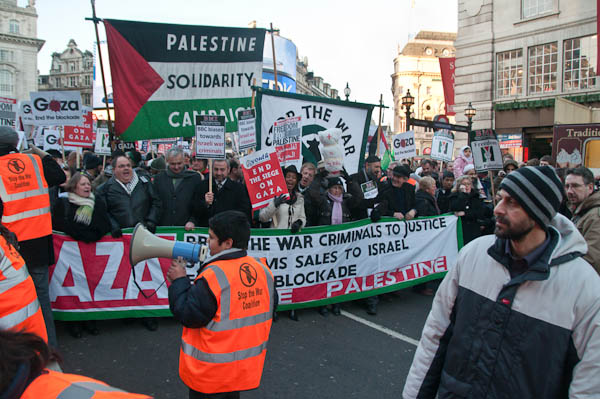
The BBC in deciding on what is and what isn’t news has generally a conservative approach, not in a party sense, but in supporting the status quo and establishment views. It also generally follows the lines established by the billionaire-owned print media. It should be something that challenges their assumptions and reports fairly and independently, but while it retains an excellent reputation around the world for its World Service, confidence in its national news services has dropped considerably.
Now many feel that to get the kind of impartiality it should be delivering you have to treat it as just one source of broadcast news – along with ITV news, Sky and other questionable sources such at the Russian-owned RT and Qatari-owned Al Jazeera.
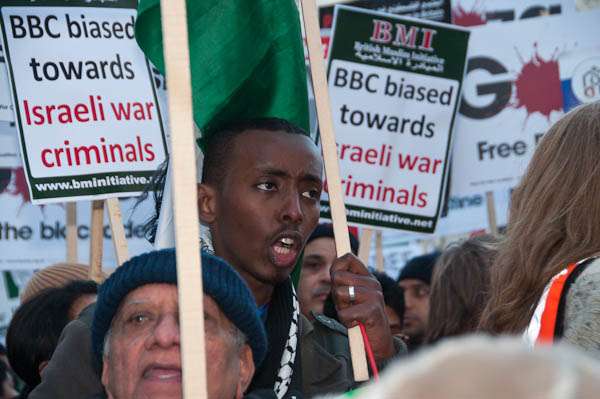
You will have to look hard to find much real investigative reporting now in the British media, either broadcast or print, though occasional examples appear. But the only place it appears with any consistency is now Private Eye, which publishes a great deal of serious reporting along with its often rather schoolboy humour.
More on the protest at the BBC and the march to Trafalgar Square on My London Diary. I didn’t stay for the final rally as I had already heard many of those speaking earlier.
Gaza: Protest March from the BBC.